The Commonwealth Games begin in Glasgow this week, exciting debate about the virulent homophobia still rife across many of the institution’s member states.
By Patrick Cash

Uganda has featured regularly in the news since its repeated attempts at instigating a ‘Kill the Gays’ Bill through its Parliament. QX first reported on this issue back in 2010, where we interviewed Ugandan gay rights campaigner David Kato. Kato has since been murdered, and the Bill has been passed, albeit with the death sentence mitigated to life in prison for ‘repeated homosexual activity’.
Cameroon has seen vigilante groups targeting suspected gay bars, and officially rejected the UN Human Rights Council’s recommendations for gay rights. A prominent gay rights campaigner, Eric Ohena Lembembe, was also murdered in the country in 2013, whilst a man was jailed for three years for sending a text message reading ‘I am very much in love with you’ to another man. Anti-gay laws in Nigeria have interrupted treatment of HIV for gay men.
With the advent of the Commonwealth Games happening in the UK this year, figures such as Peter Tatchell have called for David Cameron to speak out about these abuses of LGBT rights. Not only in the three countries mentioned here, but widespread across the Commonwealth and seemingly getting worse, as witnessed recently in the anti-gay actions of India. The Peter Tatchell Foundation organised a protest last week outside Downing Street to make their voice heard.
“ ‘In some cases the laws in effect today are the exact same laws put in place by the British.“
‘Criminalising same-sex relationships is in clear violation of the Commonwealth Charter, which prohibits all discrimination,’ Tatchell told QX. ‘They are getting away with these violations. The Commonwealth leadership is not challenging them. We need to support and publicise the struggles of LGBT activists in homophobic Commonwealth countries and get international forums like the Commonwealth to discuss, support and enforce LGBT rights.’
Tatchell cites Article 7 on ‘Discrimination’ of the Commonwealth Games’ Constitution as a particular point about which to centre action. Its exact wording reads: ‘For the Commonwealth Games and generally in respect of all activities of the Federation and events under its control, there shall be no discrimination against any country or person on any grounds whatsoever, including race, colour, gender, religion or politics.’
Many will have noticed that ‘sexuality’ is not explicitly mentioned in these grounds, a point also raised when the Head of the Commonwealth, the Queen, signed a new Commonwealth Charter last year that similarly omitted to specifically mention sexual orientation instead opting for ‘and other grounds’. Keeping the trade alliances between the liberal-leaning Western nations and the homophobic post-colonial African/Eastern nations seems to pivot around a carefully designed invisibility of LGBT rights in official documentation.
Countries such as Uganda now view homosexuality as a toxic Western influence on their traditional cultures, where the nefarious homosexuals are trying to infiltrate their schools to recruit their innocent children. This attitude has been inflamed by evangelical US Christians such as Dr Scott Lively – author of the revisionist history The Pink Swastika, accusing homosexuals of being behind the holocaust – visiting the country to preach hate and fear. Lively and others like him, losing their battles against others’ happiness at home, have turned their attentions and funding to vulnerable developing nations instead.
What makes much of the modern situation depressingly ironic is that the fight in which Britain now finds itself for improving international LGBT rights stems largely from our own queasy colonial legacy. ‘Most of the laws that criminalise homosexuality and discriminate against LGBT people are the direct descendents of legislation enacted by the British Empire,’ says Alistair Stewart of the Kaleidoscope Trust, an organisation devoted to improving LGBT rights on an international scale.
‘In some cases the laws in effect today are the exact same laws put in place by the British,’ he continues. ‘Legislative homophobia in much of the Commonwealth is a colonial legacy of the British Empire. Our research suggests that 92% of the two and a quarter billion Commonwealth citizens live in a jurisdiction that criminalises homosexuality. That means literally billions of Commonwealth citizens live in countries with discriminatory laws, millions of them LGBT people.’
The Out & Proud Diamond Group is an organisation that was heavily involved with last week’s Commonwealth protest. Founded by African LGBTI and Human Rights activists, their mission statement is ‘to achieve equality and justice for LGBTI persons in African countries and other countries where homosexuality is not accepted… Through campaigns, peaceful protests/demonstrations, lobbying and seminars’. Many in the O&PD Group have personal experience of injustice within the Commonwealth, and I spoke to Mable Mary Nalule from Uganda.
‘I came here because I was fleeing persecution,’ she said. ‘I was in prison in Uganda because of my sexuality. I was in a boarding school and they caught me with my partner, they expelled me and I went back home. My father and step-mum called the local police, and so the police came and took me. I was there for three days, until I denied it to my own Mum. I told her my step-mum was lying because she didn’t like me, and I managed to escape by the end of the day.’

Peter Tatchell echoes this call, when he states that ‘we want David Cameron, Alex Salmond [First Minster of Scotland] and the Queen to speak out against the Commonwealth and in support of Article 7; Yet there have been actions taken already by Western governments against Uganda and other homophobic Commonwealth countries saddled with Third World debt, in the form of cutting international aid. Whether or not this approach achieves its desired effect is a contentious issue.

Stewart goes on to say why it may be less simple than it seems for David Cameron and others to speak out against homophobia in the Commonwealth: ‘It’s always very difficult for British politicians to intervene effectively internationally on the issue of LGBT rights. Against a background where homosexuality is seen as a ‘Western’ invention, even the best-intentioned public statements can backfire. What we would urge all British politicians to do is to ensure that the issue of LGBT rights is always a part of their ‘quiet diplomacy’ with criminalising countries and that they support the sort of foreign and aid policy that best supports LGBT communities.’
However Cameron acts or speaks during the Commonwealth Games, it seems the most harmful path would be to ignore the tangled web of ingrained homophobia in these states; a web that our own country played an instrumental part in having weaved.

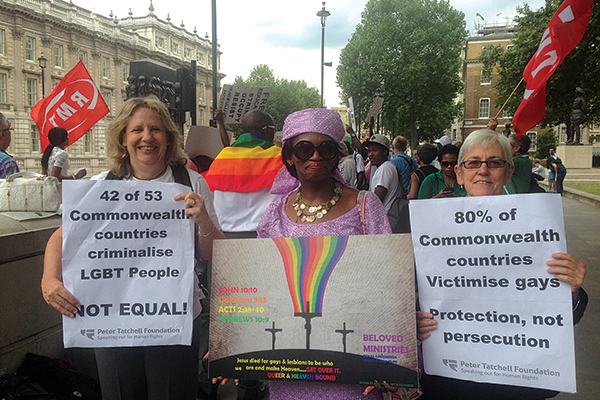
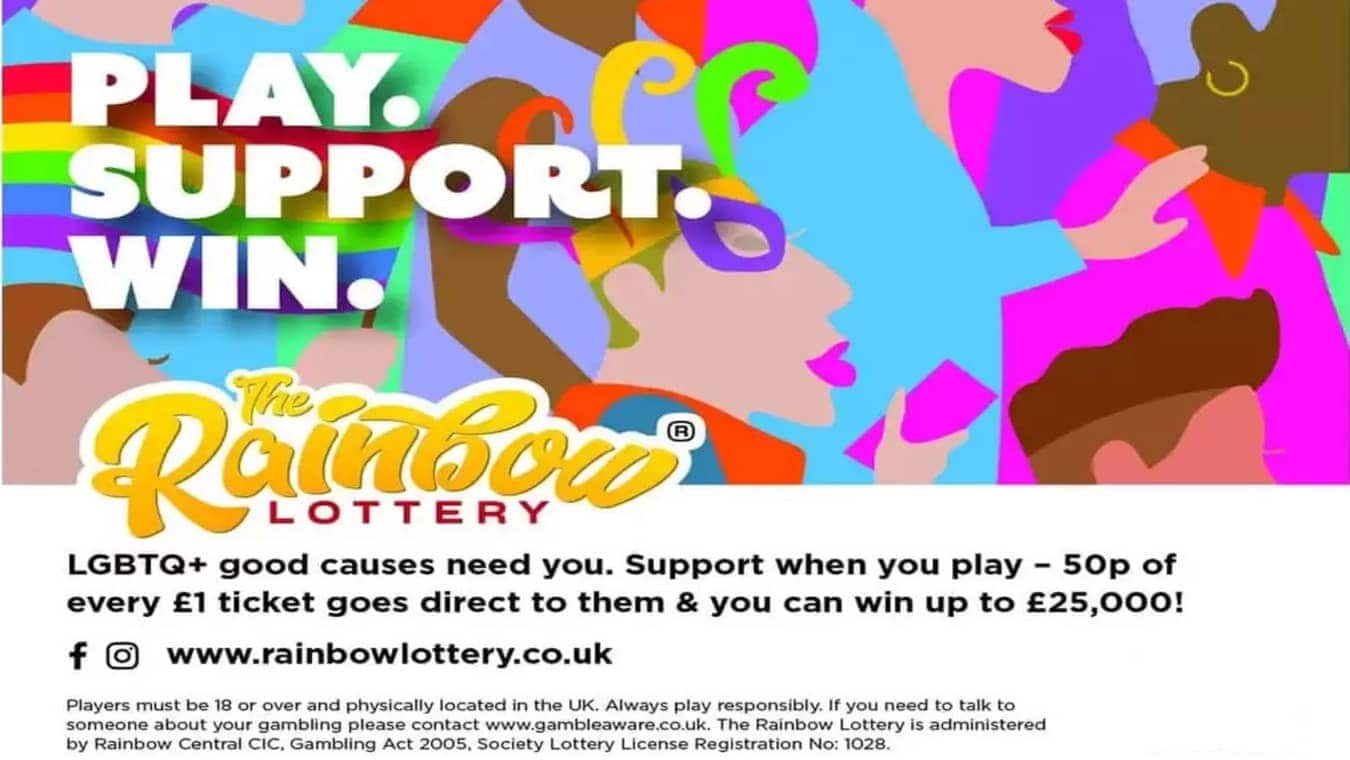


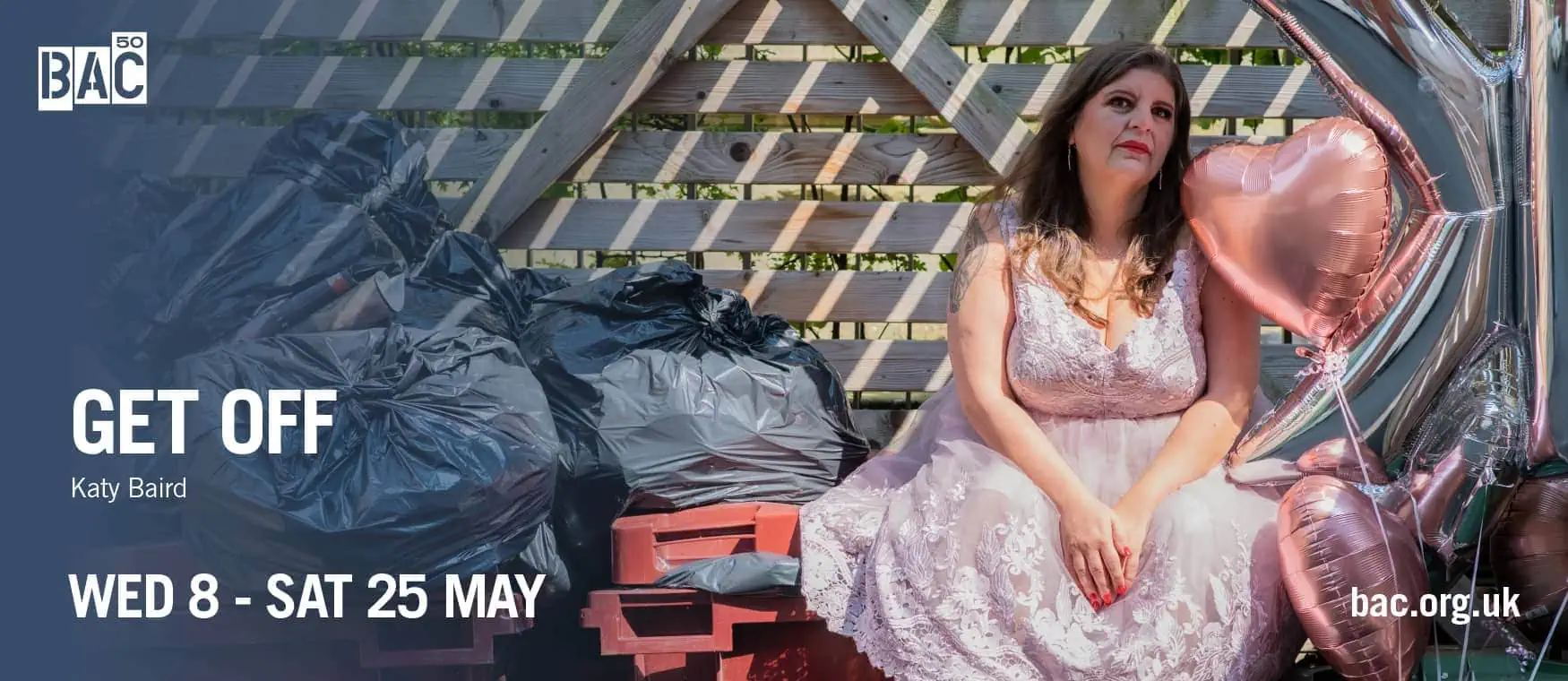

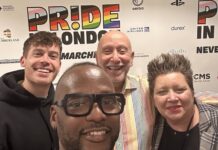
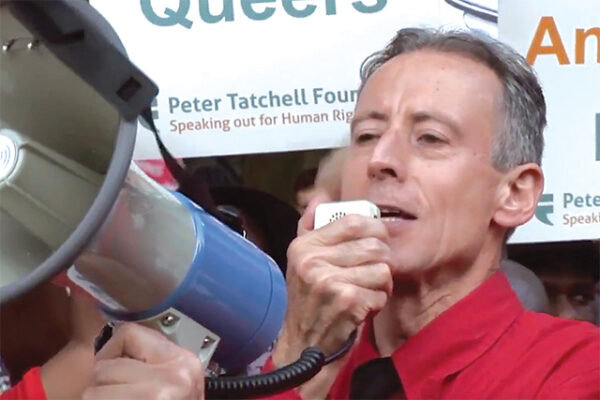

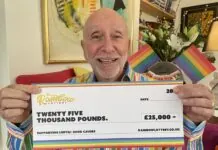
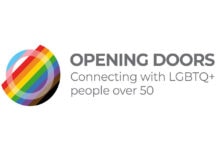


Both Tatchell and Kaleidoscope are latecomers to Commonwealth advocacy on LGBT freedoms. Before either one showed the slightest interest in the Commonwealth, there were years of patient advocacy by activists from places like India, Uganda, and Jamaica who attended Heads of Governments meetings, bulit civil-society alliances, and made their voices heard. See othersheep.org/CHOGM_2007_report_Uganda_SMUG.doc. Tatchell was not there when LGBT activists campaigned for recognition and built civil-society alliances in 2007, and has always refused to ackowledge their work, claiming sole credit for succeses to himself. In fact, Tatchell has never attended a Commonwealth governments’ meeting. He only types into his laptop from afar.
The result of the arrogance of Tatchell and his kind is that advocacy in the Commonwealth on LGBT issues has come to be identified with the white former colonizers, not with the in-country activists who actually started the work. As is typical with Tatchell’s interventions in the global South, this has set advocacy back rather than helped or moved it forward. Disastrous! See http://paper-bird.net/2011/10/14/uncommonwealth/